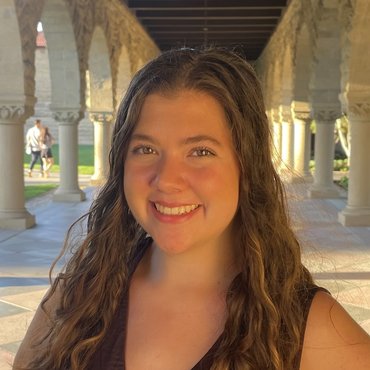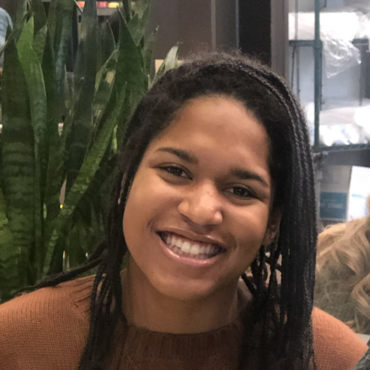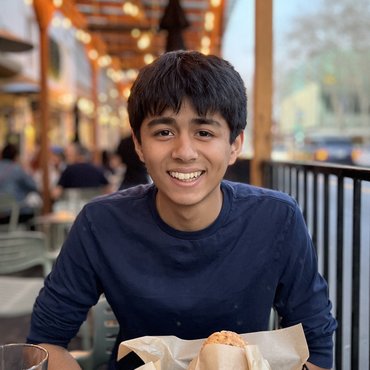
Saimary Velazquez Carrasquillo, '25
Birthing People: Transgender Rights and Reproductive Justice
“Black women, Black birthing people, Black people with uteruses, abortion is their right. Indigenous women, Indigenous people with uteruses, Indigenous birthing people, abortion is their right.”
— Joela-Abiona Rivera (she/her)
This past summer, I was granted the opportunity to intern at the Women’s Foundation California (WFC) in San Francisco. The Women's Foundation California funds local and national groups working to improve the lives of people of marginalized backgrounds.
During my time there, I worked on three main projects. The first and simplest project I worked on was researching new organizations for the grant-making team at the WFC to fund. The second project was documenting the demographics (website, issue area, amount granted, etc.) of all the organizations the WFC had funded for fiscal years 2020, 2021, and 2022. My final project was to write a piece for the WFC blog on the intersection of trans rights and reproductive justice.
Out of all the work I did, my most memorable experience at the WFC was writing the blog piece. It was the first time I would be writing something that would be read by strangers, and it was on such an important topic.
I began planning for this piece barely a few weeks after the overturning of Roe v. Wade. During this period, many conversations were taking place around reproductive rights and the next steps to protect anyone with a womb. Countless organizations and individuals were speaking out about the Supreme Court’s attack on “women’s rights.”
However, they failed to realize that framing the overturning of Roe v. Wade as simply a “woman’s” issue was falling into the trap of cis-heteronormative understandings of reproduction and excluded the experiences and voices of trans and nonbinary individuals who would also suffer following this decision. Furthermore, their suffering is compounded by the long, continuous struggle to simply exist and be safe, not to mention other possible intersections of race or sexuality.
I knew that this piece needed to center transgender voices and efforts. I wanted my voice to be secondary, merely a support to emphasize the work already being done by transgender activists and organizations for decades. Thus, the piece begins with Joela-Abiona Rivera (she/her), @missabolition on TikTok and founder of Abolition is Liberation (@thestonewallprotests) on Instagram, an Afro-Caribbean transgender activist.
In one of her TikToks, she comments on the lack of inclusivity surrounding mainstream reproductive justice movements, stating: “Black and Indigenous TGNC people will… suffer greatly because not only will they have to deal with racism, but they will also have to deal with exclusion from this movement.”
The rest of the article was formatted as a Q&A-style conversation with two individuals who could speak on the trans experience and how they believe the needs of the trans community in reproductive justice should be improved.
The first person I interviewed was Bamby, president and CEO of the TransLatin@ Coalition. I learned from her about the coalition's role in advocating for and directly working with trans groups and individuals in reproductive health. The second person I interviewed was a close friend who explained their experience as a nonbinary trans person and their feelings regarding trans inclusion in reproductive justice spaces.
Overall, I learned an incredible amount from this experience and sincerely hope that everyone who reads this or the piece on the WFC website can recognize their own position in this conversation and will work to further uplift and support trans and nonbinary voices in and beyond the issue of reproductive justice.


